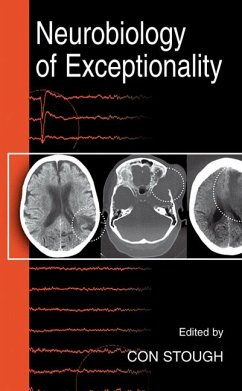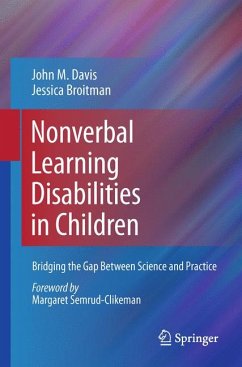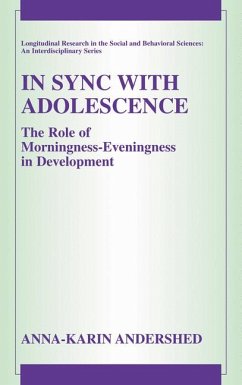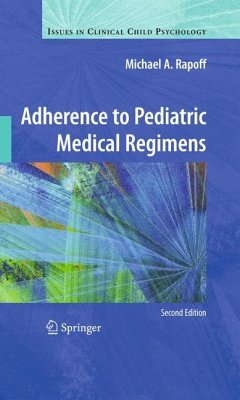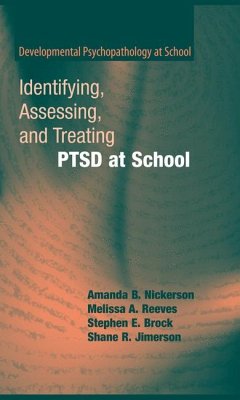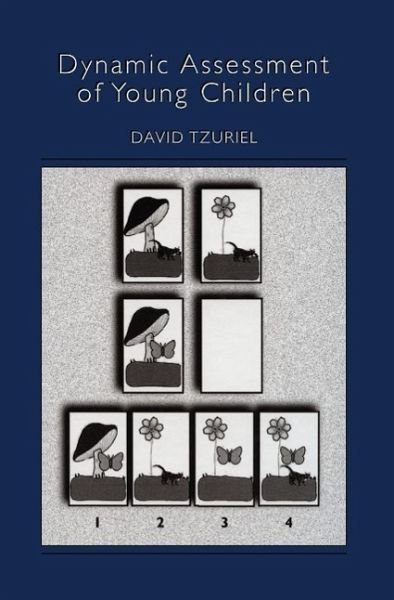
Dynamic Assessment of Young Children (eBook, PDF)
Versandkostenfrei!
Sofort per Download lieferbar
120,95 €
inkl. MwSt.
Weitere Ausgaben:

PAYBACK Punkte
60 °P sammeln!
Dynamic/interactive assessment has been a long time coming! It has been almost a century since Alfred Binet suggested that assessment of the processes of learn ing should constitute a priority in the mental testing movement, and over 60 years since Andre Rey made the same suggestion. An important model that supports many contemporary approaches to "flexible" or "process" assessment was offered by Vygotsky in the 1920s. The ground breaking work by Reuven Feuerstein and his Swiss colleagues on process assessment of North African Jewish children was done in the early 1950s. In the intervening yea...
Dynamic/interactive assessment has been a long time coming! It has been almost a century since Alfred Binet suggested that assessment of the processes of learn ing should constitute a priority in the mental testing movement, and over 60 years since Andre Rey made the same suggestion. An important model that supports many contemporary approaches to "flexible" or "process" assessment was offered by Vygotsky in the 1920s. The ground breaking work by Reuven Feuerstein and his Swiss colleagues on process assessment of North African Jewish children was done in the early 1950s. In the intervening years almost every serious psy chometrist has, at one time or another, called for emphasis on assessment of the of learning, rather than an exclusive emphasis on assessment of the processes products of prior opportunities to learn. One has to wonder why we have had to wait so long for formalization and instrumentation of the methods for doing just that! Of course, we psychologists like to do what we do well, and we have learned to do static, normative assessment, especially of "intelligence," very well indeed. Unfortunately, it is also true that dynamic/interactive assessment has not attracted or fueled the volume of high-quality research that is still going to be necessary if it is to survive as a widely used supplement to static, normative testing. This volume, incorporating a strong research base, goes a long way toward remedia tion of that situation.
Dieser Download kann aus rechtlichen Gründen nur mit Rechnungsadresse in A, B, BG, CY, CZ, D, DK, EW, E, FIN, F, GR, HR, H, IRL, I, LT, L, LR, M, NL, PL, P, R, S, SLO, SK ausgeliefert werden.



